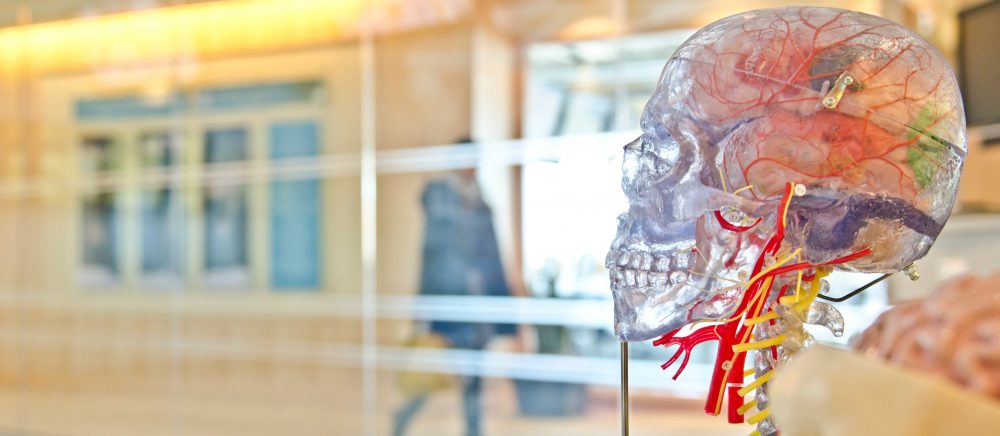Course Objectives: This course is an introduction to the pharmacological and psychological mechanisms of drugs that influence brain functioning. We will investigate drug use and drug actions by drawing from scientific investigations of their use. The course will cover basic structure and function of the nervous system, drug classification and development, basic principles of pharmacology, as well as the role of learning and addiction. We will spend most of our time discussing the behavioral, cognitive, and physiological effects of specific drugs of abuse and neuropharmacological use.
Content Learning Goals:
- Students will be able to correctly identify the location and accurately describe the function of main brain regions, especially those involved in higher cognitive abilities, addiction and NT synthesis.
- Students will correctly delineate the electrical and chemical processes of neuronal communication and recognize the impact of different pharmacological agents in that process.
- Students will accurately describe the relationships between binding affinity, receptor kinetics, strength and dose of a drug, as well as classes of drugs.
- Students will understand NT synthesis, enzymatic activity, endogenous degradation, half-life and metabolism of chemicals as part of the cycle of drug activity.
- Students will recognize the complexity of the brain, how the basic mechanisms described above enable an organism to survive and thrive in the world, and how much remains for us to discover, especially in neuropharmacology.
- Students will be able to accurately place the principles of learning within the context of drug use, abuse and withdraw.
- Students will better understand the inter-relationship between the brain and the surrounding world.
